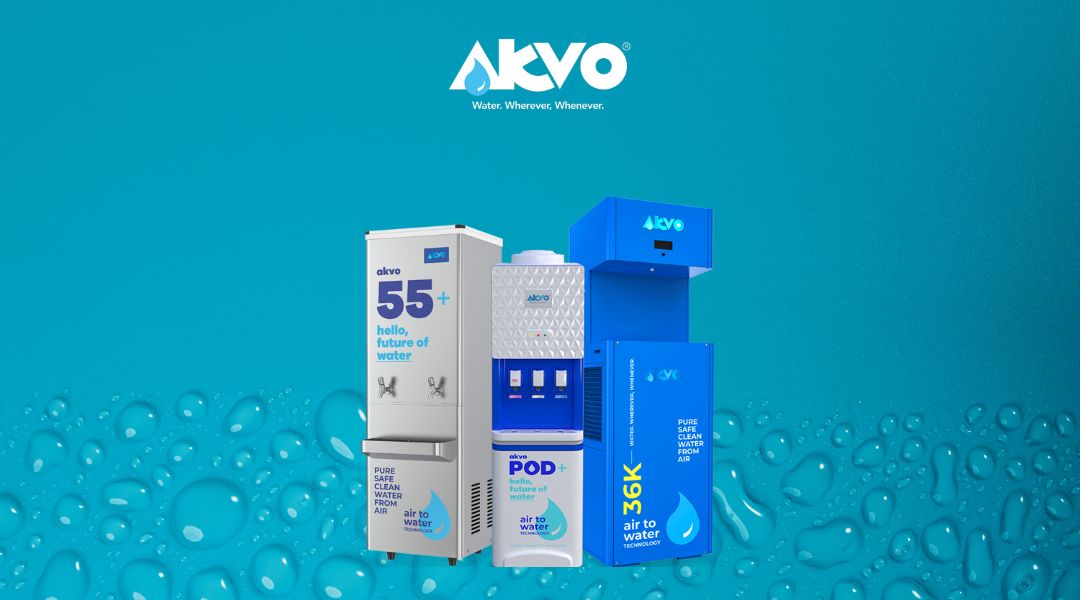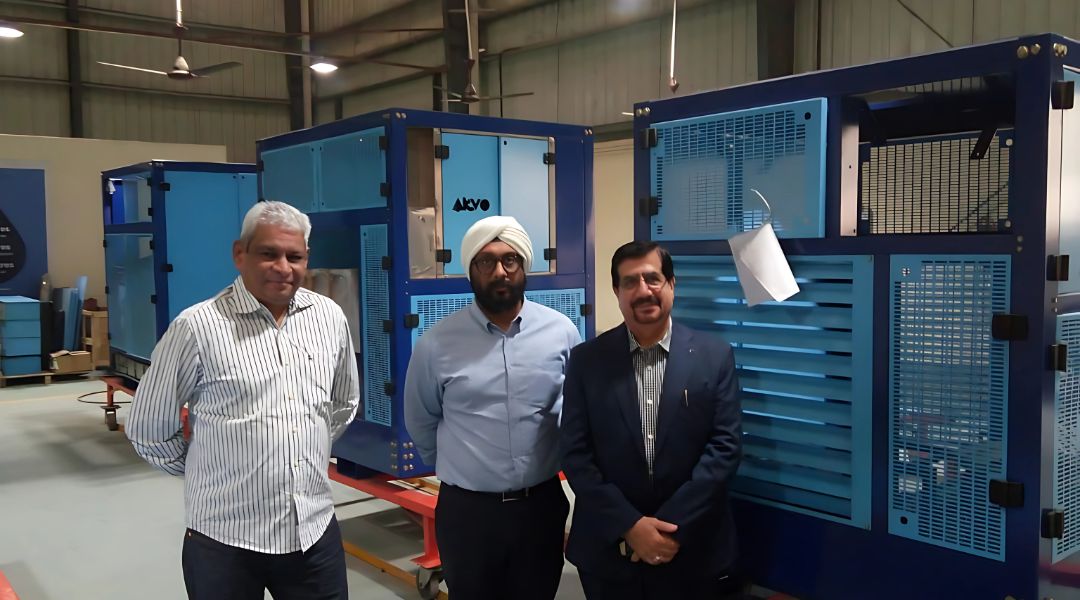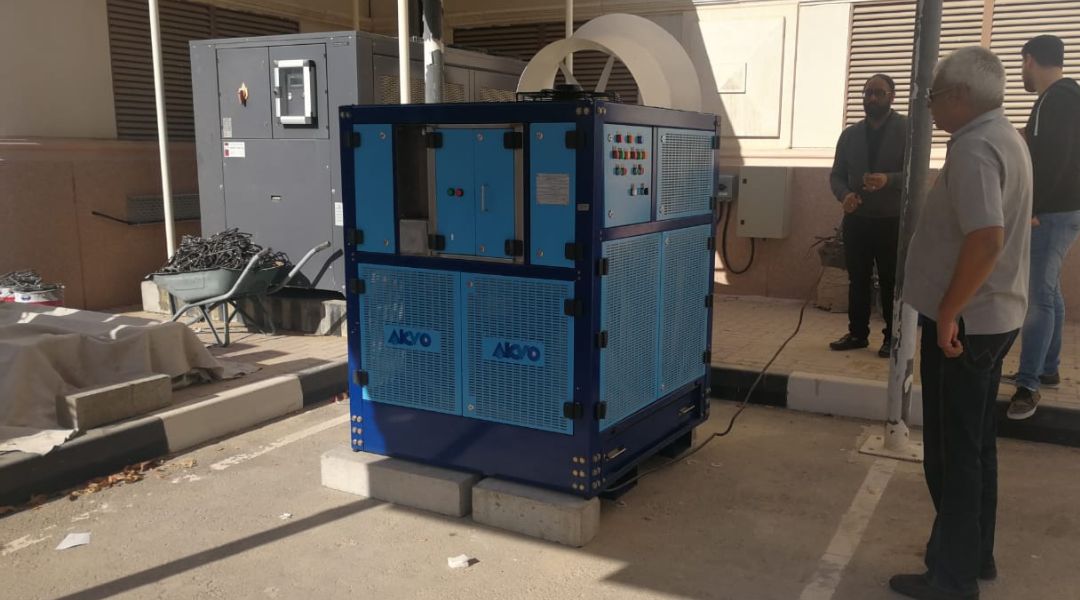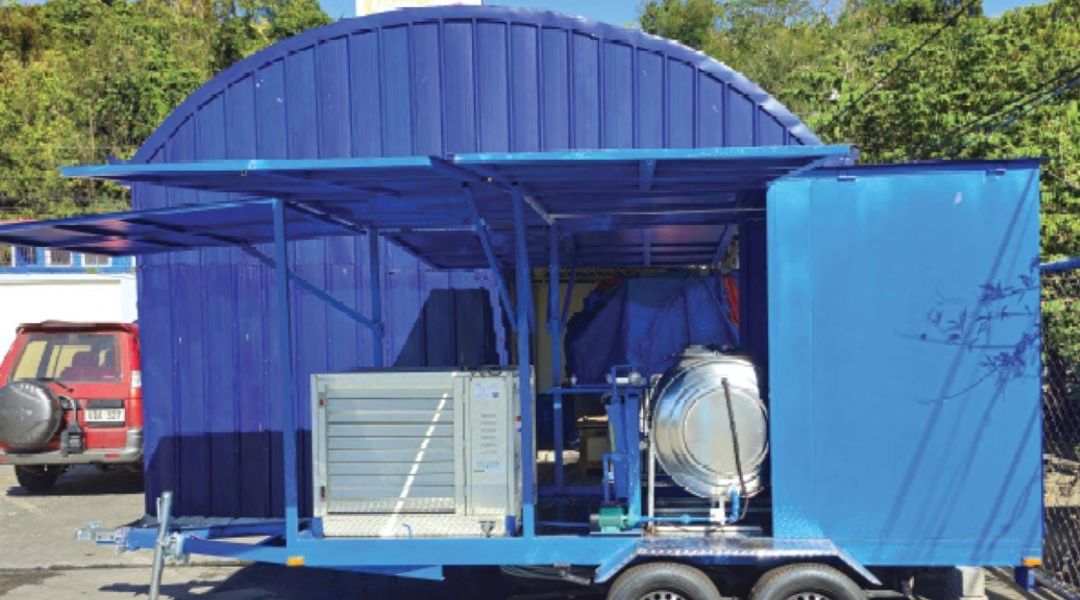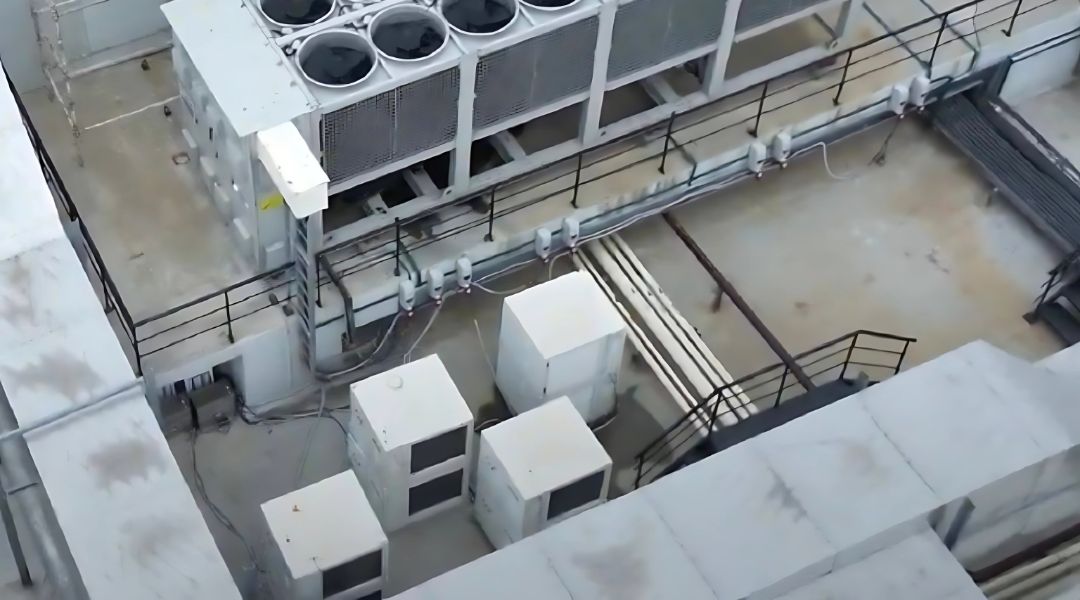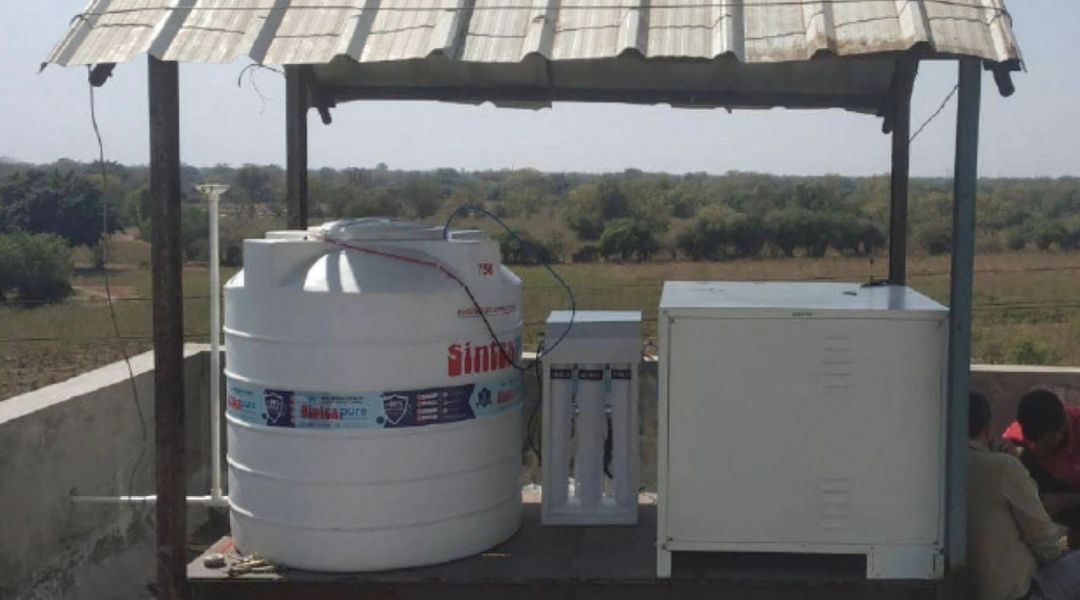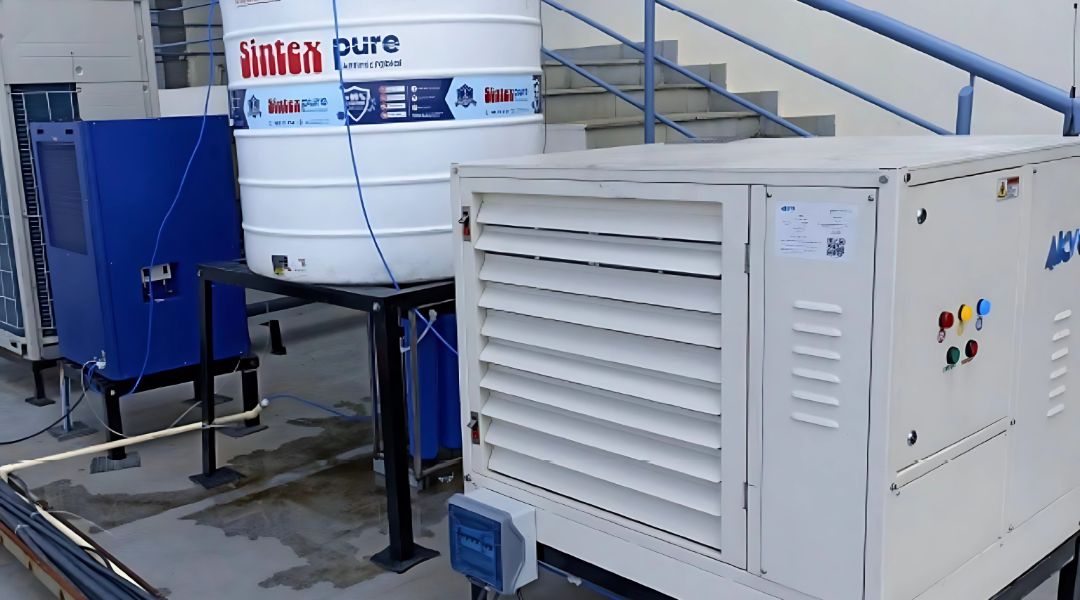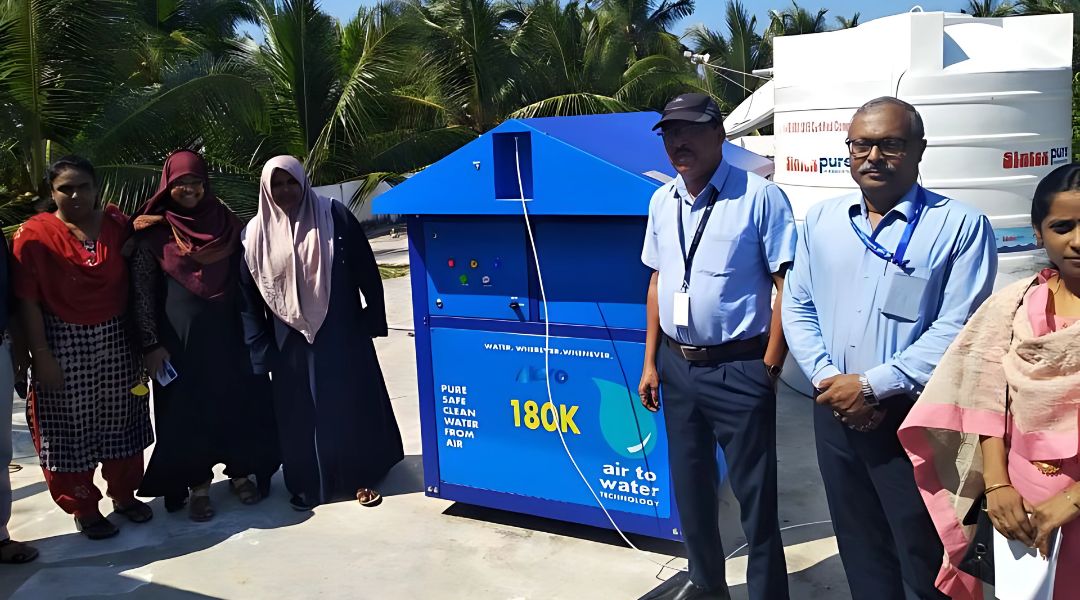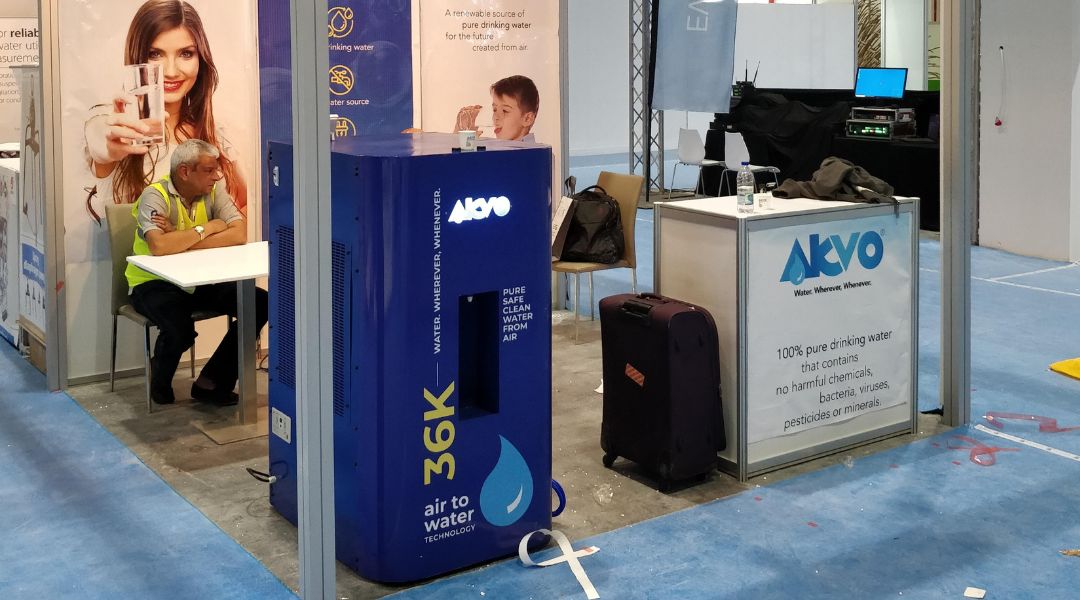Water is the foundation of life, yet over 2 billion people worldwide lack access to safe drinking water. As climate change intensifies and water resources become increasingly scarce, the need for innovative, sustainable solutions has never been greater. The future of water sustainability lies in harnessing new technologies, reducing dependency on depleting sources, and ensuring equitable access. One such revolutionary innovation leading the way is atmospheric water generation (AWG)—the ability to extract pure, drinkable water from the air.
The Water Crisis: A Growing Global Concern
With rising global temperatures, droughts, groundwater depletion, and pollution are accelerating the water crisis. Traditional sources such as rivers, lakes, and underground aquifers are under immense stress due to urbanization and over-extraction. The UN predicts that by 2025, half of the world’s population will live in water-stressed areas. The question is no longer whether we should act—but how quickly we can adopt solutions that can safeguard future generations.
Innovation as the Key to Sustainable Water Access
While desalination and water recycling have played a role in addressing shortages, they come with high energy costs and environmental concerns. Atmospheric Water Generators (AWGs) present a sustainable, decentralized alternative by pulling moisture from the air and converting it into safe, potable water—without exploiting existing water sources. This breakthrough technology is not just a concept; it’s a reality reshaping water accessibility worldwide.
Akvo’s Role in Shaping the Future of Water Sustainability
At the forefront of this transformation is Akvo Atmospheric Water Generators, a brand dedicated to delivering clean water from the air, anytime and anywhere. Akvo’s technology is designed for households, businesses, and communities that need a reliable, sustainable, and independent water source. Here’s how Akvo is pioneering change:
1. Sustainable & Self-Sufficient Water Generation
Unlike conventional water sources that rely on pipelines or reservoirs, Akvo’s plug-and-play systems extract water directly from the humidity in the air, making it ideal for drought-prone and remote areas. This significantly reduces the pressure on overburdened freshwater supplies.
2. Energy-Efficient & Eco-Friendly Technology
Akvo’s AWGs are designed to minimize energy consumption, using advanced filtration and purification processes to produce high-quality drinking water without the carbon footprint of bottled water production or transportation.
3. Disaster Relief & Emergency Water Solutions
In times of natural disasters, Akvo’s technology offers a lifeline for communities without access to safe drinking water. Portable AWG units can be deployed in disaster-stricken areas, providing immediate relief without the logistical challenges of transporting bottled water.
4. Corporate & Residential Sustainability
From hotels and offices to eco-conscious homes, businesses and individuals are adopting Akvo’s solutions to reduce water wastage and reliance on municipal water supply. This shift contributes to a more resilient, sustainable future where water security is not dependent on shrinking natural reserves.
The Road Ahead: A Water-Secure Future
As we look ahead, water sustainability will require multi-faceted solutions, including policy reforms, conservation efforts, and technological innovation. Atmospheric Water Generation is poised to become a key component of this sustainable future, ensuring that clean water is accessible, affordable, and environmentally responsible.
Akvo is not just providing a product; it is pioneering a movement towards water independence. By leveraging cutting-edge technology, Akvo is proving that the future of water sustainability is not about scarcity—it’s about innovation and accessibility.
The question is: Are we ready to embrace this future?

